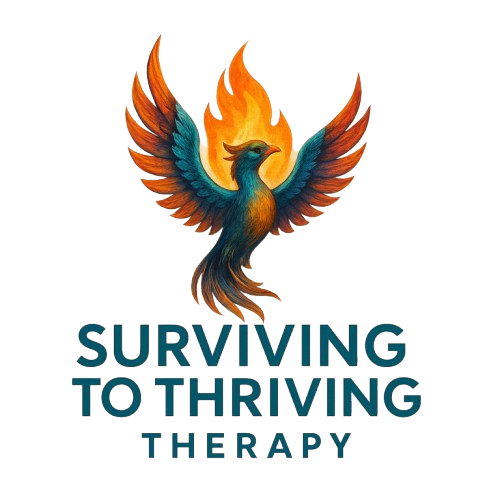Healing from Sex Trafficking
What you’ve been through matters, and it’s not your fault. Sex trafficking rips people away from their families, their support systems, and even their sense of self. Traffickers know how powerful love and connection are, so they work hard to cut people off from anyone who could help. Sometimes they even pretend to be family or act like a caring partner to build control. They look for people in places where they’re most vulnerable—schools, foster homes, shelters, or online—anywhere someone might be looking for safety or belonging.
Traffickers manipulate, threaten, and abuse; they make promises of a better life and then take away freedom. This isn’t about weakness or mistakes on your part. It’s about someone else using control and violence.
The harm that comes with trafficking can touch every part of your life—your body, your emotions, and your sense of safety. Many survivors experience exhaustion, chronic pain, infections, and trauma symptoms like nightmares, flashbacks, or hypervigilance. Living under threat changes how your brain and body respond to stress. You may have seen or experienced violence meant to keep you scared and silent.
But healing is possible. Even though the trauma runs deep, it doesn’t have to define you forever. Therapy designed for trauma survivors—like EMDR, trauma-focused cognitive behavioral therapy, or somatic therapies—can help you process painful memories, reduce nightmares and triggers, and feel safe in your own body again. You can learn new ways to calm your nervous system, build healthy coping skills, and reconnect with parts of yourself that were taken from you. Little by little, you can reclaim your identity, your self-worth, and your future.
It’s also important to know that if you’ve ever been rejected, blamed, or treated like a criminal, that was wrong. You deserve compassion and support, not judgment. With the right help and community, many survivors move from just surviving to truly thriving. Spirituality, friendships, and safe communities can also provide strength and meaning during recovery.
You are the expert on your own life, and you have already shown enormous strength by surviving. The path forward may take time, but there are people, tools, and therapies ready to walk alongside you. You are not alone, and healing is possible.
